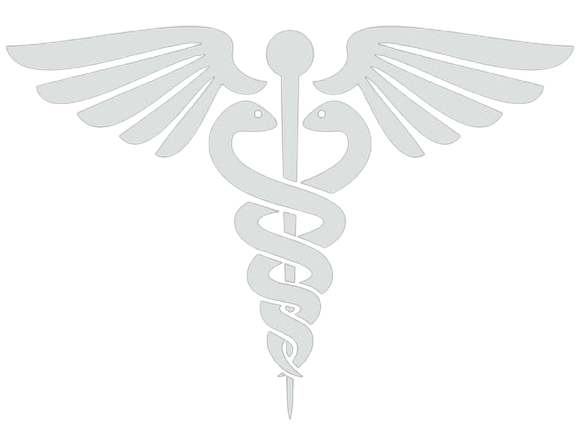Sexually transmitted diseases (STDs) are a major public health concern, with millions of new infections occurring each year. Many individuals with STDs may not experience any symptoms, leading to the potential for undiagnosed and untreated infections. Regular STD screening and treatment are essential in preventing the spread of STDs and their complications.
STD screening involves a combination of history-taking, physical examination, and laboratory testing. Recommended STD screening tests vary depending on factors such as age, sexual activity, and risk factors. Screening may include tests for chlamydia, gonorrhea, syphilis, HIV, and hepatitis B and C.
Early diagnosis and treatment of STDs can prevent the spread of infection and reduce the risk of long-term complications such as infertility, chronic pelvic pain, and certain types of cancer. Treatment options for STDs may involve antibiotics, antiviral medications, or immunomodulators. Treatment is also an opportunity for patient education about safe sex practices, partner notification, and the importance of regular screening.
In summary, regular STD screening and treatment are essential in preventing the spread of STDs and their complications. Healthcare providers play a crucial role in promoting STD screening and providing appropriate treatment for those diagnosed with an STD.



